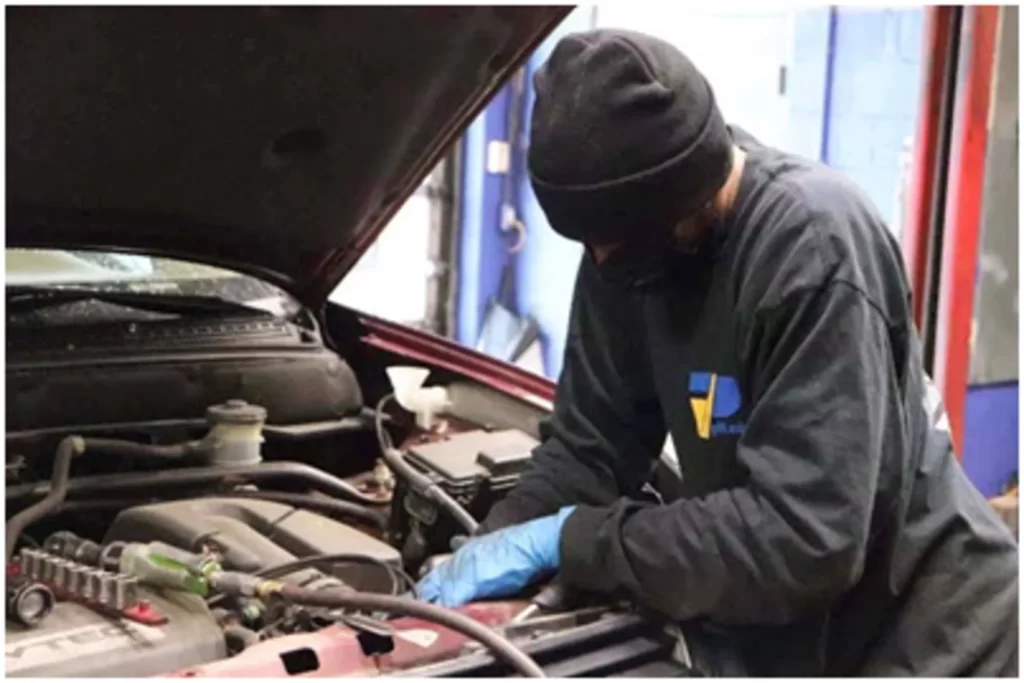In the dynamic universe of automotive innovation, change is the primary constant. As vehicles become progressively refined, the interest of talented car experts is on the rise.As the automotive industry rapidly shifts toward electric vehicles, advanced diagnostics, and smart technology, automotive technician schools are evolving to keep pace with these changes. With this flood of demand comes the requirement for automotive technician schools to develop and adjust to meet the business’s constantly evolving needs. Gone are the days when automotive technician schools were exclusively centred around mechanical fixes and fundamental diagnostics. Today, these establishments adopt innovation-driven educational plans, integrating advanced hardware, crossover, electric vehicle technology, and electronic systems into their projects. Today’s automotive training must include cutting-edge tools, real-world simulations, and up-to-date certifications to prepare students for modern garages and dealerships.
The most notable change in automotive classes is the emphasis on hardware and software systems. Current vehicles are equipped with PCs that feature advanced electronic systems, controlling everything from engine performance to safety features. Subsequently, car professional schools offer courses explicitly customised to show students how to analyse and fix these complex electronic frameworks.
Additionally, with the prevalence of electric and cross-breed vehicles, automotive training institutes are consolidating specific preparation in alternative fuel technologies. Additionally, flexible learning formats, including evening and weekend classes, are helping more adult learners and career changers enter automotive schools. From understanding battery frameworks to mastering regenerative braking mechanisms, students are being equipped with the skills necessary to support the vehicles of tomorrow.

Another critical development in auto tech schools is the combination of active, experiential learning and open doors. One major shift in automotive technician training is the integration of diagnostic software, hybrid and EV maintenance, and electronic systems repair into the curriculum. Recognising the importance of hands-on involvement with the field, many schools partner with local showrooms, repair shops, and manufacturers to provide students with genuine career opportunities.
Temporary job projects, automotive apprenticeships, and centre positions are becoming increasingly typical. Many automotive technician schools collaborate directly with manufacturers and dealerships to align their programs with current labor demands These positions permit students to apply their study hall information in an expert setting under the direction of experienced professionals. These active encounters at an automotive training institute enhance students’ specialised abilities and provide them with significant experience in the everyday activities of the car industry.
Moreover, mechanic training emphasises delicate abilities, such as communication, critical thinking, and client care. In the current automotive industry, professionals are responsible for repairing vehicles, communicating with clients, explaining complex issues in layman’s terms, and providing personalised support. In cities like Philadelphia, automotive training programs are also emphasizing soft skills such as customer communication, time management, and problem-solving. Employers in the automotive industry are increasingly seeking well-rounded technicians who not only repair vehicles but also interact professionally with clients. To fulfil these needs, schools integrate correspondence and client support modules into their educational plans, ensuring that students graduate with specialised capabilities and the relational skills essential to succeed in the business.
Furthermore, as maintainability and natural concerns continue to arise in the automotive industry, numerous specialist schools are integrating and preparing students in eco-friendly practices and green technologies. From the legitimate removal of hazardous materials to energy-efficient repair methods, students are taught the importance of environmental responsibility in auto maintenance and repair. All in all, the development of automotive classes is a testament to the steadily changing nature of the automotive industry.
These collaborations help students gain access to internships, on-the-job training, and job placements right after graduation—making the transition into the automotive industry smoother and faster.
By embracing innovation, offering unique learning opportunities, and focusing on skill development, automotive technician schools ensure that their alumni are well-equipped to meet the demands of the modern automotive industry. Automotive technician schools are no longer just about turning wrenches—they’re about training the next generation of professionals to thrive in a high-tech, ever-evolving automotive industry. As the business evolves, car specialist schools should remain coordinated and responsive, continually updating their projects to reflect the latest advancements in automotive technology. Thus, they will not only prepare students for fruitful careers in the car field but also contribute to the continuous development and progress of the business in general.
Read More: